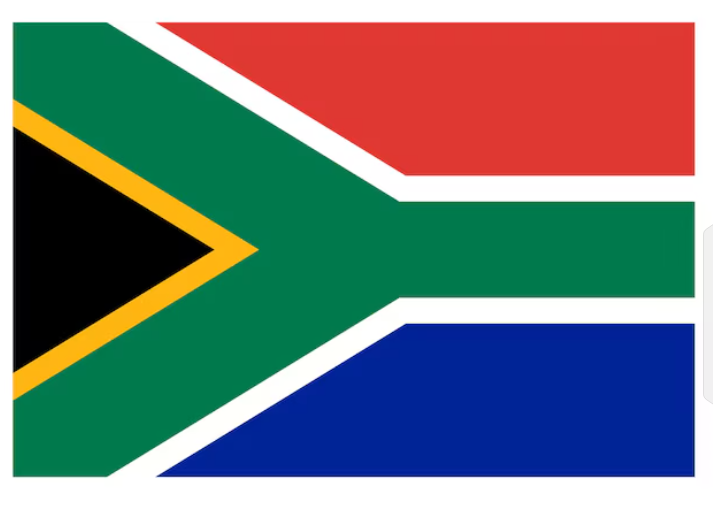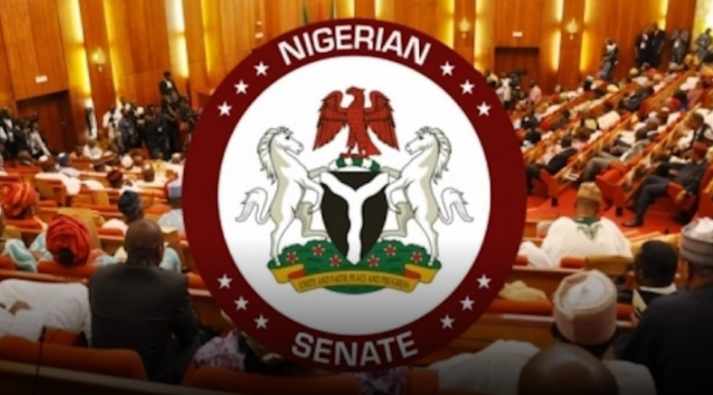
Ramaphosa Fires Back at Trump’s ‘Regrettable’ Comment as Pretoria Defends South Africa’s G20 Role

President Cyril Ramaphosa has strongly responded to what the Presidency describes as a “regrettable” and “misleading” statement issued by former U.S. President Donald Trump regarding South Africa’s participation and leadership role in the G20 ahead of the 2026 meetings. The diplomatic exchange, which erupted on X.com, has drawn global attention and raised questions about Washington’s posture toward multilateral institutions, especially after the U.S. administration failed to attend the high-profile G20 Leaders’ Summit hosted in Johannesburg.
According to a statement released by @PresidencyZA, President Ramaphosa “noted the regrettable statement by President Donald Trump on South Africa's participation in the 2026 G20 meetings,” adding that South Africa remains a founding member of the G20 and has consistently upheld the principles of consensus, partnership, and global cooperation that define the forum’s purpose. The Presidency did not go into detail about Trump’s exact remarks, but the tone of its response makes clear that Pretoria views the comments as both inaccurate and unnecessary.
Ramaphosa’s office further highlighted that the G20 South Africa 2025 Leaders’ Summit, which brought dozens of world leaders to Johannesburg, was widely praised as “one of the most successful summits” in the platform’s recent history. The summit produced a comprehensive declaration that reaffirmed the indispensable role of multilateralism in tackling global economic instability, climate threats, geopolitical conflicts, and development challenges. Delegates reportedly pointed to South Africa’s strong diplomatic coordination and balanced approach as key factors behind the summit’s success.
However, the U.S. was noticeably absent. The Presidency emphasized that Washington “elected not to attend the G20 Leaders’ Summit in Johannesburg out of its own volition,” despite having been expected to participate in all meetings under South Africa’s presidency. In diplomatic practice, the G20 presidency is transferred at the conclusion of the summit, but because the U.S. did not attend, South African officials were compelled to hand over the instruments of G20 leadership to a U.S. Embassy representative at South Africa’s Department of International Relations and Cooperation (DIRCO) offices in Pretoria.
Observers say this unusual handover signaled a rare moment in G20 history and may reflect rising political tensions or shifting U.S. foreign policy priorities under Trump’s renewed influence. The absence also raised eyebrows among other G20 members who viewed Washington’s decision as a self-imposed retreat from a crucial global forum at a period of escalating international uncertainty.
South Africa, however, stressed that its presidency was conducted with fairness, transparency, and strict adherence to G20 protocols. Ramaphosa’s statement reiterated that the country has always valued “the spirit of consensus, collaboration and partnership” that drives the G20’s mission. Officials noted that all participating states—except the United States—commended the summit for its outcomes and organization, a subtle but unmistakable reminder that the U.S. position is not shared by the broader international community.
Diplomatic experts suggest that Trump’s comments could be linked to internal U.S. political narratives rather than genuine foreign policy assessments. His past criticisms of multilateral organizations, including the United Nations, NATO, and the World Trade Organization, provide context for his skepticism toward the G20’s multilateral approach. Some analysts argue that disparaging the South African presidency may be part of a larger strategy to undermine global institutions that Trump believes constrain U.S. power.
South Africa’s government, meanwhile, appears keen to prevent Trump’s remarks from overshadowing its achievements during its G20 leadership year. In recent months, Pretoria has been advancing several initiatives born out of the summit’s roadmap, including global financing reforms, renewed commitments to climate transition assistance for developing nations, and frameworks for addressing global inequality. Officials say these deliverables underscore the “indisputable strength and value” of multilateral action—values that Trump’s comments seem to dismiss.
While the diplomatic exchange has intensified debate in global policy circles, the Presidency’s tone remains measured. Rather than escalate the confrontation, Ramaphosa’s office placed emphasis on factual clarity: South Africa did its part, the summit was successful, the declaration was adopted, world leaders participated fully, and the United States was absent by choice.
Nonetheless, the controversy has triggered conversations about whether the U.S. absence could weaken the legitimacy of future G20 deliberations, especially with major geopolitical tensions still unfolding across multiple continents. Some economists warn that American disengagement could complicate consensus-building on issues such as global tax reforms, energy transition financing, international debt restructuring, and digital governance frameworks—topics that rely heavily on cooperation between major economies.
Inside South Africa, reactions have been mixed but largely supportive of Ramaphosa’s firm stance. Many citizens and commentators say Trump’s remarks were disrespectful, especially given that South Africa successfully hosted one of the most logistically complex global gatherings of the year. Others argue that Pretoria should use the moment to further strengthen its leadership within the Global South and continue championing multilateral solutions without waiting for Western validation.
International reactions have also begun trickling in. Diplomatic sources in Europe and Asia have reportedly expressed surprise at the U.S. decision to skip the summit, especially at a moment when multilateral cooperation is needed to address rising global inflation, climate disasters, technological disruptions, humanitarian crises, and geopolitical instability. Several leading economies reaffirmed their support for South Africa’s stewardship during the 2025 summit and have encouraged continuity as preparations for the 2026 cycle begin.
As the world edges closer to the next round of G20 meetings, this diplomatic spat underscores a broader question: What role will the United States choose to play in the future of global governance? While Trump’s statement may reflect a skeptical or isolationist moment in U.S. rhetoric, the structural realities of global challenges leave little room for major powers to operate in silos. For South Africa, the priority remains clear—maintaining its credibility as a reliable, principled, and collaborative player on the global stage.
In the coming months, attention will shift to how the U.S. engages—or opts not to engage—with the upcoming G20 agenda. For now, Pretoria stands firm in its message: South Africa delivered an exemplary summit, upheld G20 values, and will not allow political theatrics to distort the facts. As Ramaphosa continues navigating the delicate terrain of global diplomacy, one thing is certain—the world is watching closely.


